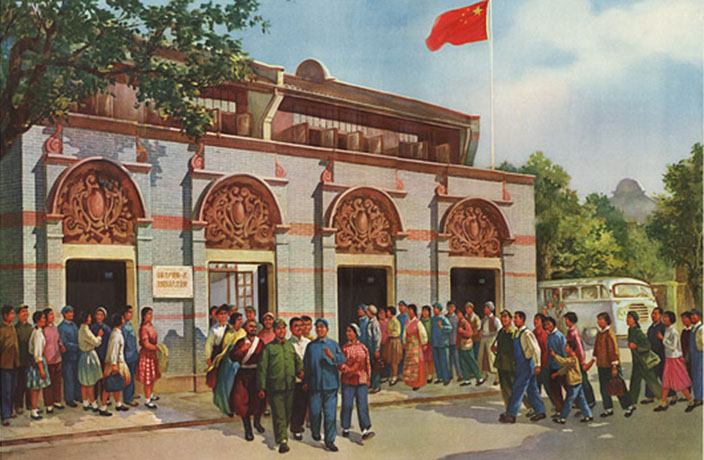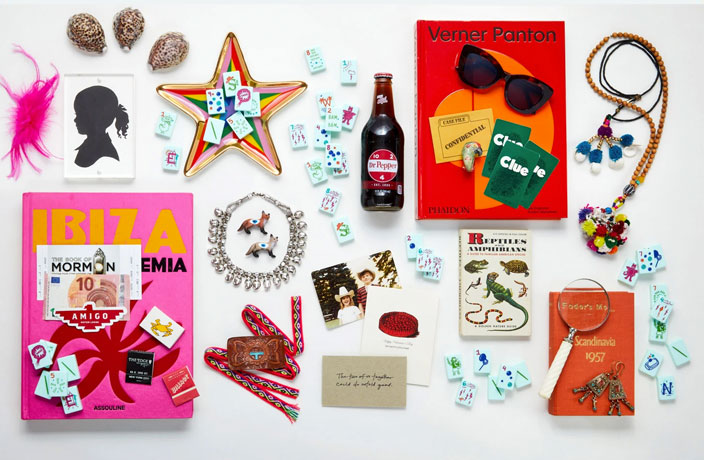By Tongfei Zhang and Ned Kelly
From Old Shanghai and the Concession Era to Reform and Opening
Up, via the Japanese Occupation, Civil War, birth of the People's
Republic, Great Leap Forward and Cultural Revolution, Lao Shanghairen was a series where we talk to ordinary citizens who lived through extraordinary times.
At the time of this 2011 interview, Ge Yuqun was 82 years old.
"Things were really bad in my hometown in Jiangsu - the Japanese kept taking shots at the villagers,” says Ge Yuqun, "They used a large field as a shooting range and there were constantly the unlucky ones who were picked as the targets. A lot of people were buried alive too.”
Ge fled to Shanghai in 1943 to be an apprentice of traditional Chinese medicine at a pharmacy located at the intersection of Jiangning Lu and Changshou Lu.
“The Japanese’s armory was right around the street corner. Chinese workers who stood against the invaders were tortured in the yard of the factory. I once saw a man exposed to the biting of dogs from the window of the pharmacy.”
After the Japanese surrender the Kuomintang took control of Shanghai.
“They started to build fortifications on the outskirts of the city, forcing everybody to donate. Lots of stores closed at 4pm because the Kuomintang kept robbing them. The suburbs were already liberated, and my boss would send us out there in turns to take temporary shelter. I only remained out there for one day though as there was nowhere to stay - I spent an awful night sleeping in the field.
"After the PLA got into the city, we would climb up to the roofs to see the flash bombs. The battles around the railway station, Suchou Road Bridge and Wusong Port were the fiercest of all. When what was left of the Kuomintang fled to Taiwan, some stayed as spies in the city.
"Because the situation in Shanghai was really complicated, with a large number of capitalists, gangsters, gambling bars and nightclubs, the Kuomintang claimed that the Communist Party wouldn’t last more than three months.”

Zhoushan Islands, off the coast of Zhejiang Province, remained under Kuomintang control until May 1950.
“They kept launching bombing raids from there, targeting the important infrastructure of the city. The bombers came at around 1pm each day. Yangpu Power Plant and Xiaodongmen Power Plant were both destroyed. So there was no peace in the early days of the New China.”
Ge’s background meant he was relatively unaffected by the zhi qing movement, which saw people from the educated class sent to learn from the workers.
“Three people from each family of rich peasants and capitalists had to be sent to the villages for their ‘transformation.’ They fed the pigs and grew the vegetables. But my family was poor farmers so I was safe.
"We had ideological meetings every evening after work though, and during the Great Leap Forward people had to work really hard. There was one year we didn’t have holidays for the Lunar New Year.”
Some of Ge’s family were persecuted during the Cultural Revolution though.
"One of my cousins was a secretary of the Party Committee. People in that kind of positions were considered guan 官 (officers of a high level), thus belonging to the ruling class or capitalists, so he was severely destroyed.
"Another aunt was judged a dizhu 地主 (landowner). She was expelled from her house and forced to live in a thatch on the street. They treated her like a pig, forcing her to be on her hands and feet, pulling her around with a rope and feeding her swill."
Ge himself became a Red Guard.
"Everyone was, unless you wanted to be imprisoned. Our boss at the pharmacy was caught by us and put on trial too. It was like a tornado and people didn’t have time or the guts to think over what was happening to them.
"Sometimes I had a vague feeling that things were not right. But nobody dared to give voice to their doubts. The philosophy was: Don’t speak. Don’t think. Just follow the madness and you’ll be okay.”
Looking back Ge says the few years after Liberation was the best time. “People were really simple and nice to each other. You wouldn’t lose anything even if you forgot to close the door at night. Everybody was equal to one another. There was no great discrepancy between the rich and the poor."
The inflation that has come with economic reform does not please Ge.
"Expenses today are so high. My salary at the pharmacy, which was RMB89.86, was among the highest in those days. I got this exact amount per month all through the years until I retired in 1988. I could afford to feed nine people with RMB89.86 in the old days, but today RMB2,000 would be used without your realizing it.
"The medical care is worse than before too. They didn’t charge me anything a decade ago, but now medicine is so expensive and medical care only covers a small percent of it. It is beyond my imagination that the 120 ambulance charges people feeling unwell on the street for sending them home.
"And of course, life in Shanghai is especially expensive.”
This article first appeared in the November 2011 issue of That's Shanghai.






















0 User Comments